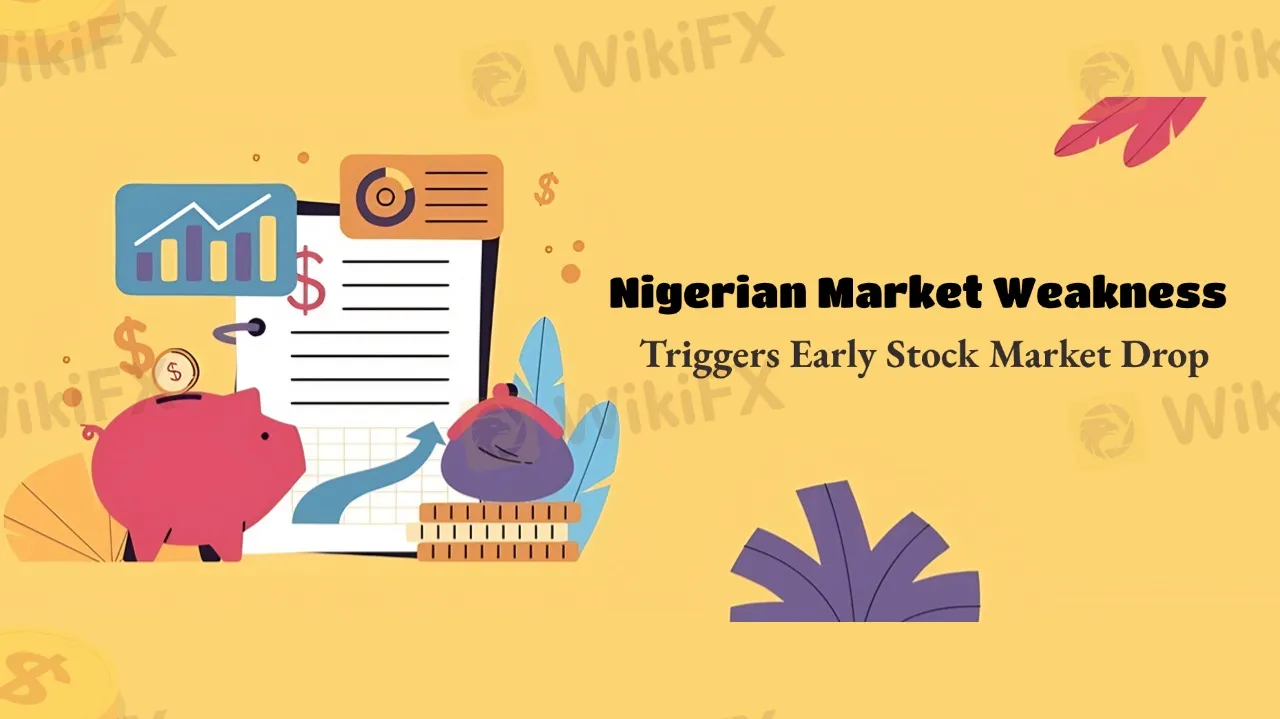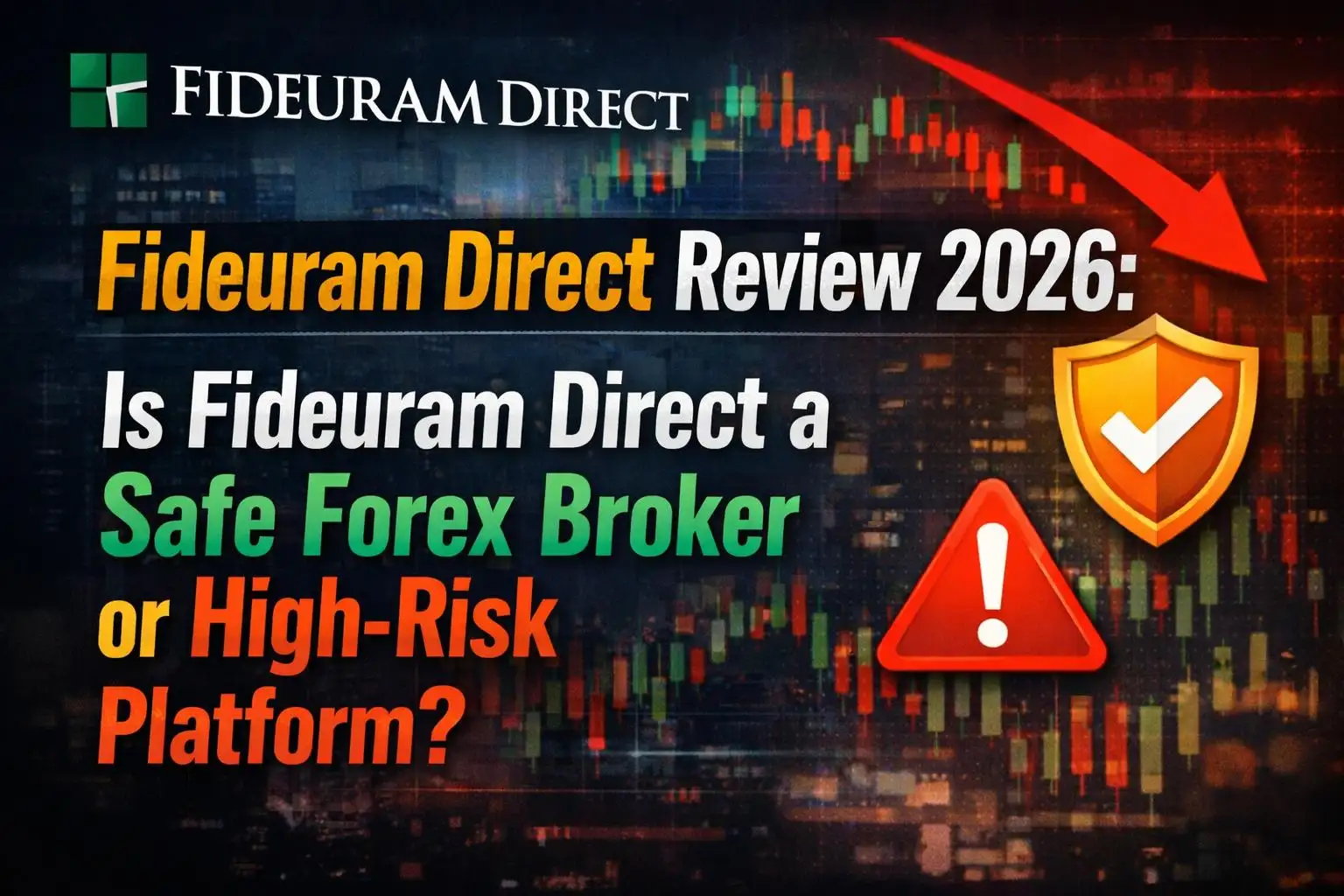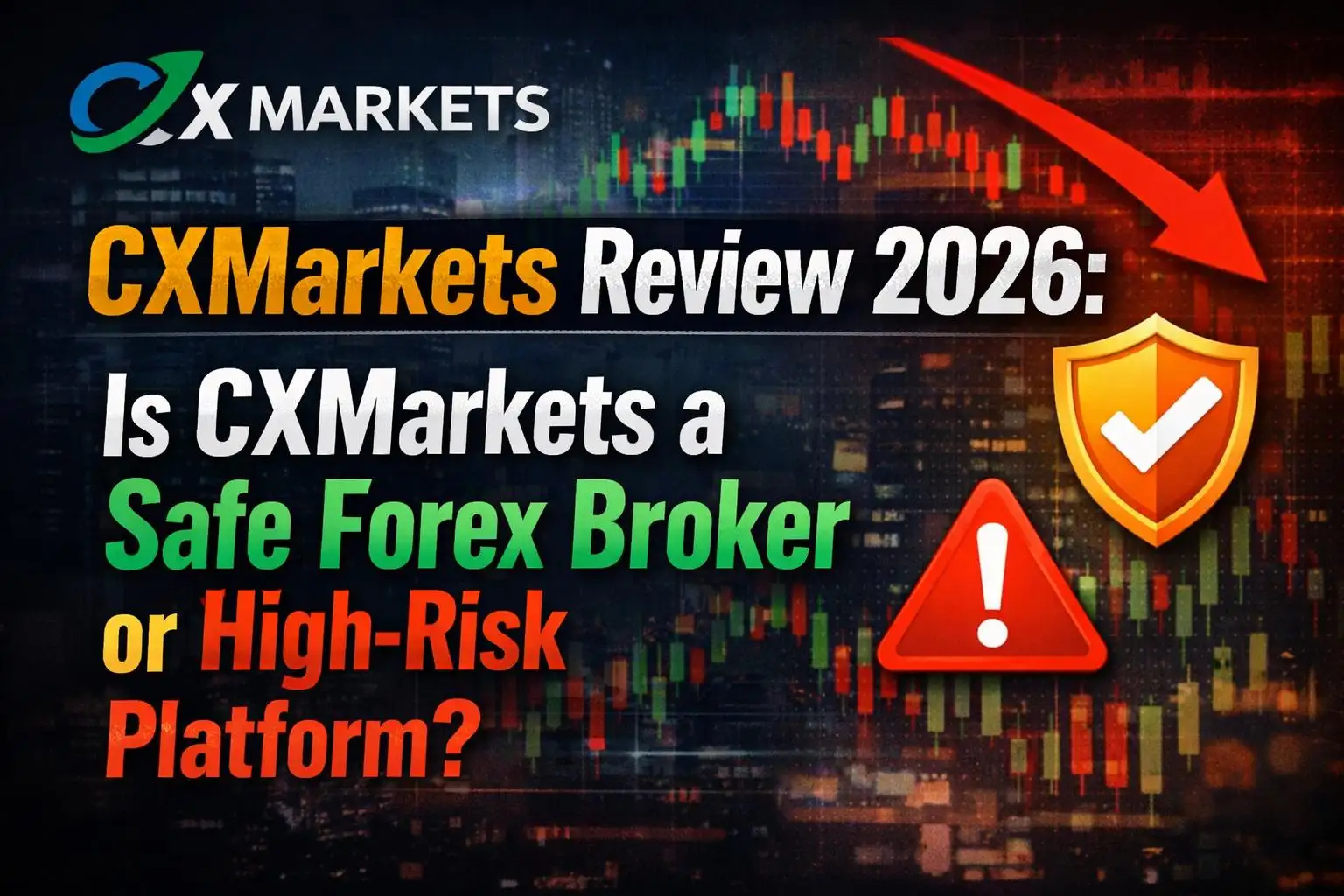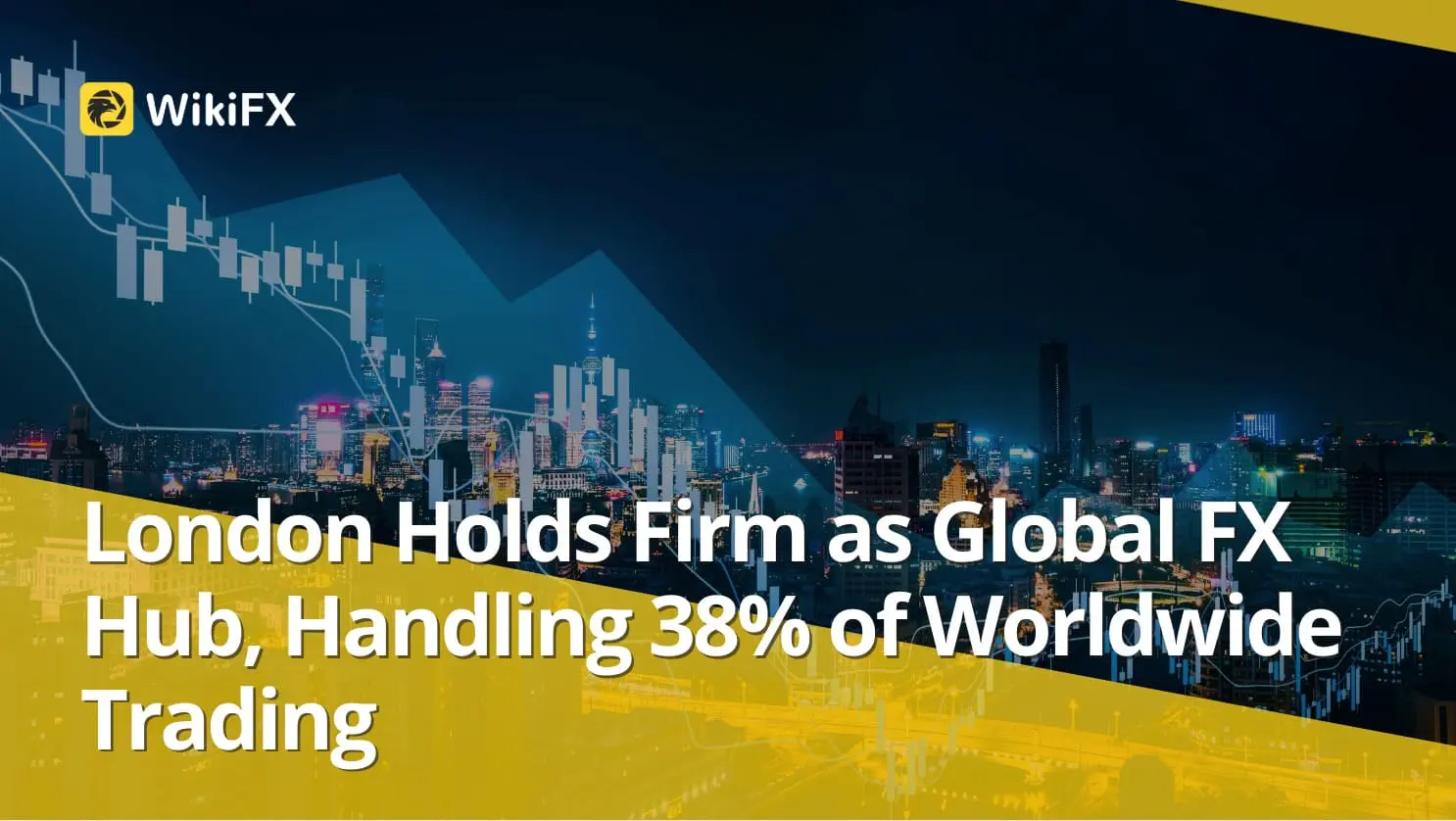Abstract:Market capitalization plunges amid widespread sell-off; investor caution rises as short-term outlook remains uncertain.

The Nigerian stock market experienced a broad-based decline in the latest trading session, opening with mixed sentiment but eventually closing lower. The All-Share Index (ASI) dropped by 471.93 points to settle at 108,261.47, marking a 0.43% decrease. Meanwhile, total market capitalization fell by ₦296 billion, bringing it down to ₦68.043 trillion. The downturn was largely driven by significant losses in several mid- and large-cap stocks, including MTN Nigeria, Nigerian Aviation Handling Company (NAHCO), Nigerian Breweries, Vitafoam Nigeria, and Union Dicon Salt.
Several macroeconomic and market-specific factors contributed to the decline. Foremost among them is the anticipation surrounding the upcoming Monetary Policy Committee (MPC) meeting, scheduled for next Monday and Tuesday. Investors are holding back ahead of key decisions on interest rates. With a persistently high interest rate environment, both corporate earnings and consumer spending remain under pressure, suppressing investor appetite for equities. Additionally, profit-taking by retail investors following earlier price rallies has intensified selling pressure, dragging the market further down.
Despite the overall weakness, the market exhibited internal divergence, with some stocks posting impressive gains. A total of 39 stocks recorded price increases, led by Meyer, Multiverse Mining, and Smart Products Nigeria, each rising 10%. Beta Glass and Haldane McCall also posted strong performances, gaining 9.99% and 9.88%, respectively. This suggests that opportunistic traders are still seeking value plays and rebound potential in select equities.
Conversely, eTranzact International led the losers, dropping by 10% to ₦5.40 per share. Other notable decliners included John Holt, Union Dicon Salt, C&I Leasing, and Linkage Assurance, reflecting the vulnerability of small- to mid-cap stocks in the current environment. Trading volume dropped by 10.73% to 414.57 million shares, with a total turnover value of ₦10.717 billion across 16,664 deals — an indication of reduced market activity and cautious liquidity deployment.
Looking ahead, the Nigerian stock market faces several challenges. Persistently high interest rates could continue to weigh on earnings and investment sentiment. Global uncertainties, such as commodity price fluctuations, could impact energy-related stocks. As Q1 earnings reports continue to roll in, the market will increasingly differentiate between strong and weak fundamentals, with underperforming companies likely to see further sell-offs. Exchange rate volatility and inflation data will also play key roles in shaping capital flows and investor confidence.
For investors, the current market phase calls for a more selective and cautious approach. Emphasis should be placed on fundamentally strong companies with resilient earnings outlooks. High-flying stocks may be due for corrections, so chasing momentum at elevated prices carries heightened risks. At the same time, undervalued stocks with long-term growth prospects could present strategic buying opportunities during pullbacks.
Understanding the All-Share Index (ASI)
The All-Share Index (ASI) is the primary performance indicator of the Nigerian Exchange (NGX), offering a broad snapshot of the equity markets direction. It tracks the general movement in prices of all listed equities on the exchange, using a weighted average methodology. Simply put, when the ASI rises, it signals that the average prices of stocks on the market are increasing, reflecting growing investor confidence. Conversely, a declining ASI indicates falling stock prices and possibly heightened risk aversion or negative economic sentiment.
The ASI is crucial for multiple stakeholders. For institutional investors, it offers a benchmark to evaluate portfolio performance. For retail investors, it serves as a sentiment gauge — helping them determine whether it might be a good time to invest, hold, or sell. For economists and policymakers, the index can act as a barometer of economic expectations, as equity markets often price in future trends ahead of real economic data.
However, it's important to understand what the ASI doesn‘t show. It doesn’t reflect the performance of each sector equally, nor does it guarantee that all listed stocks are gaining or losing value in the same way. For instance, a few large-cap companies can disproportionately move the index, masking declines in other areas of the market. This is why investors should always dig deeper — looking at sector-specific indices, company fundamentals, earnings reports, and broader macroeconomic factors — instead of relying solely on the ASI.
Additionally, in volatile markets, the ASI can fluctuate sharply in response to news, government policy, or global developments. This makes it essential for investors to combine technical and fundamental analysis and maintain a long-term perspective, rather than reacting solely to short-term index movements.










